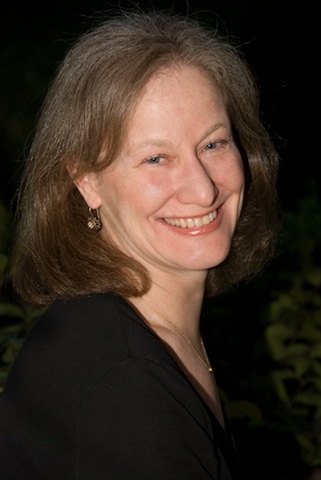
Jill Smolowe on Four Funerals and a Wedding

Jill Smolowe, author of “Four Funerals and a Wedding.” (Courtesy Phyllis Heller)
Jill Smolowe, a journalist and memoirist, had her own annus horribilis, only hers lasted a year and a half. In that short span of time, she endured the deaths of her beloved husband, Joe, her mother-in-law, and her own mother and sister. Smolowe kept waiting to fall apart in the wake of such loss, and yet she didn’t. Some untapped reserve of strength and resilience kept her going, and able to find meaning and even joy again. In this interview, she shares her hard-won wisdom about grieving with Lilith fiction editor Yona Zeldis McDonough.
YZM: What made you decide to write and publish your book Four Funerals and a Wedding?
JS: Like so many Americans, I had a set idea that grief involves specific stages. Yet I went through no denial, anger, bargaining or depression. Instead, as I lost my husband, sister, mother, and mother-in-law over a period of 17 months, my focus was on putting one foot in front of the other and figuring out how to reconnect with the joy in life. The more friends told me I was “amazing,” the more I wondered if there was something wrong or abnormal about my sorrow. Then I came across the work of George Bonanno, one of the country’s leading bereavement researchers. That’s when I learned that Elisabeth Kübler-Ross’s five-stage cycle of grief has long since been discredited. (She intended her cycle to apply to the dying, not the bereaved.) Research from the last 20 years identifies three distinct groups: those who are overwhelmed by grief upwards of 18 months; those who recover within 18 months; and those who return to normal functioning within six months, and even within days. This last group is labeled “resilient” and–surprise, surprise–these people constitute a majority of the bereft. My book aims both to put a face on this group and to challenge misconceptions and assumptions about grief.



